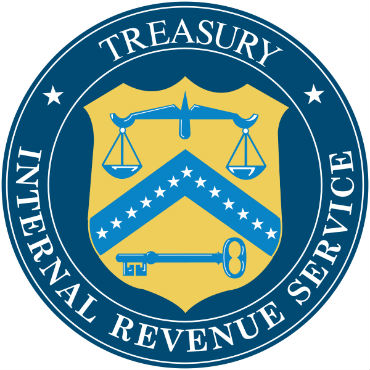IRS Taxing Bitcoin?

What's that old saying about the only things in life we can be certain about are death and taxes? I bet whoever came up with that definitely never imagined cryptocurrency would be a factor to consider.
So now that you're invested in crypto, maybe you've wondered how the IRS treats crypto for tax purposes. Or maybe you haven't. You should and here's why. (Or you can just skip to the funny scenario at the end of this post)
According to the IRS :
The notice provides that virtual currency is treated as property for U.S. federal tax purposes. General tax principles that apply to property transactions apply to transactions using virtual currency. Among other things, this means that:
Wages paid to employees using virtual currency are taxable to the employee, must be reported by an employer on a Form W-2, and are subject to federal income tax withholding and payroll taxes.
Payments using virtual currency made to independent contractors and other service providers are taxable and self-employment tax rules generally apply. Normally, payers must issue Form 1099.
The character of gain or loss from the sale or exchange of virtual currency depends on whether the virtual currency is a capital asset in the hands of the taxpayer.
A payment made using virtual currency is subject to information reporting to the same extent as any other payment made in property.
Confused yet? What that means is that crypto is considered property like a house or boat. When you sell property you are required to pay capital gains. If you own it for more than a year it is considered long term and under a year is short term.
Here's the hard part: when evaluating the value of your Bitcoin (or any altcoin) you are required to convert it to the fair market value based in U.S. dollars. To me the irony in all of this is how many more years until we don't even know what a dollar is anymore?
For now, a crypto related taxable event is whenever it is traded for cash or other cryptocurrency or whenever cryptocurrency is used to purchase goods or services.
That sounds plausible on paper. You file your gains/losses on Schedule D. But in real life things often work quite differently. The often hilarious scenarios are endless.
"You see, Mr. IRS agent, I really liked this coin called FirstBlood because it reminded me of Rambo. So I bought some. Then I traded it for for some PotCoin because I thought that would be fun. But since I couldn't find a dealer willing to accept it as payment I decided to trade it back to Bitcoin. That got boring as I watched people on Twitter brag about this new ICO they were 10xing from so I exchanged it for some Tron.
I should've held that but I then bought Ripple at its all time high and watched it crash. I took the total amount of money I had in my checking account and bought Linda. At this point I'm completely out of dollars so will you accept Litecoin as payment? I heard from a friend who knows this guy who told him Charlie Lee said you might."
In full disclosure this is a fictitious portrayal but I'm sure it isn't that far from reality.
Bottom line, do your best to make an honest assessment and pay your taxes!